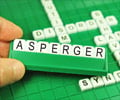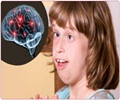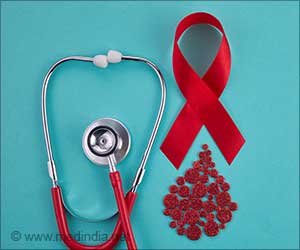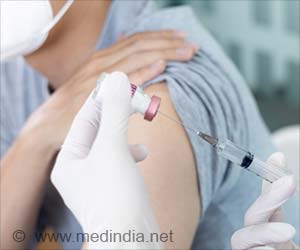Scientists have carried out a study on variations in gene expression to evaluate the role of genes in individuals with autism.

Autism is a “spectrum” disorder, as different autistic individuals exhibit different symptoms. One person may display mild symptoms while in another, the symptoms may be serious. But both are classified as autism spectrum disorders (ASD).
ASD currently includes autistic disorder (classic autism), Asperger syndrome and pervasive developmental disorder (atypical autism).
Symptoms of autism manifest before age three and the condition delays the development of different skills, from infancy to adulthood. Common problem areas include communication, social skills and repetitive behavior.
ASD is believed to be a familial trait and therefore inheritable. However the genetics of autism are very complex.
In an effort to understand how the genes control autism symptoms, Rui Luo, a graduate student working in the lab of David Geschwind at the UCLA, and his colleagues studied blood cells called lymphoblasts from 244 families that had an affected child and another that was not affected.
Daniel Geschwind, principal investigator and Luo’s professor said "Strikingly, we observed a higher incidence of haploinsufficient genes in the rare CNVs in probands than in those of siblings, strongly indicating a functional impact of these CNVs on expression."
"When we looked at genes associated with nervous-system function we found significantly more genes were expressed at higher or lower levels in the children diagnosed with autism than we did in their siblings unaffected by the disorder…Our study also demonstrates that even peripheral blood can expand our knowledge of neurological disease," Geschwind said.
Geschwind is a distinguished Professor of Human Genetics and professor of neurology at the David Geffen School of Medicine at UCLA.
The scientists hope to find future therapeutic targets for autism and are planning to replicate their study in a larger population.
References:
1.Geschwind etal, The American Journal of Human Genetics--June 21 (2012) Online edition
Source-Medindia











